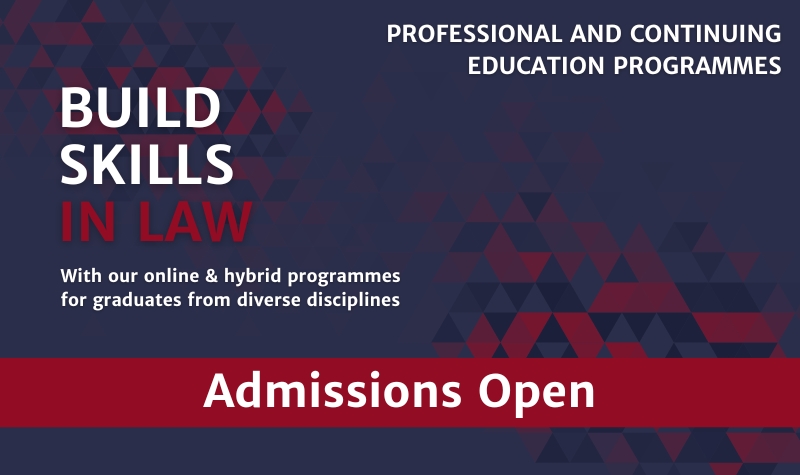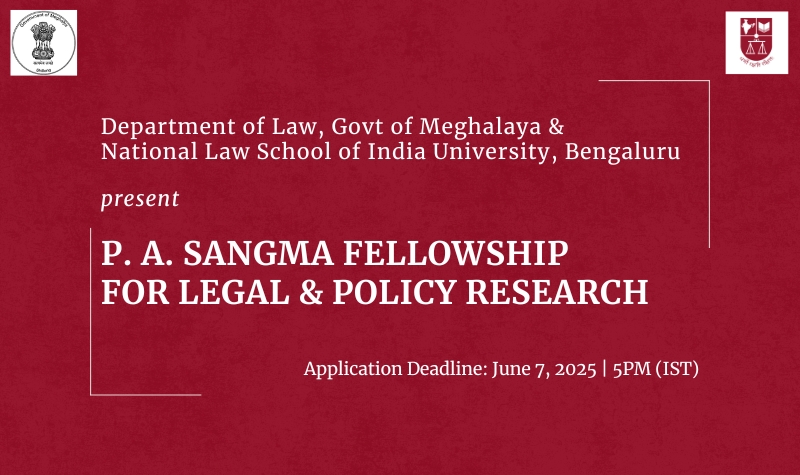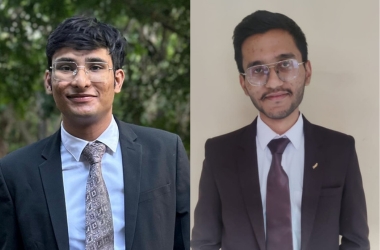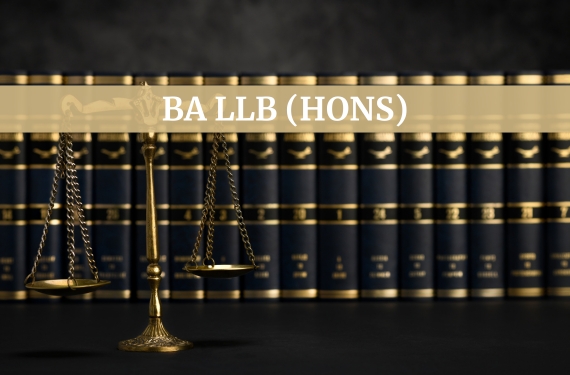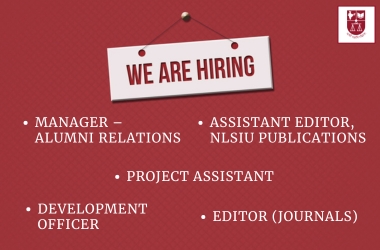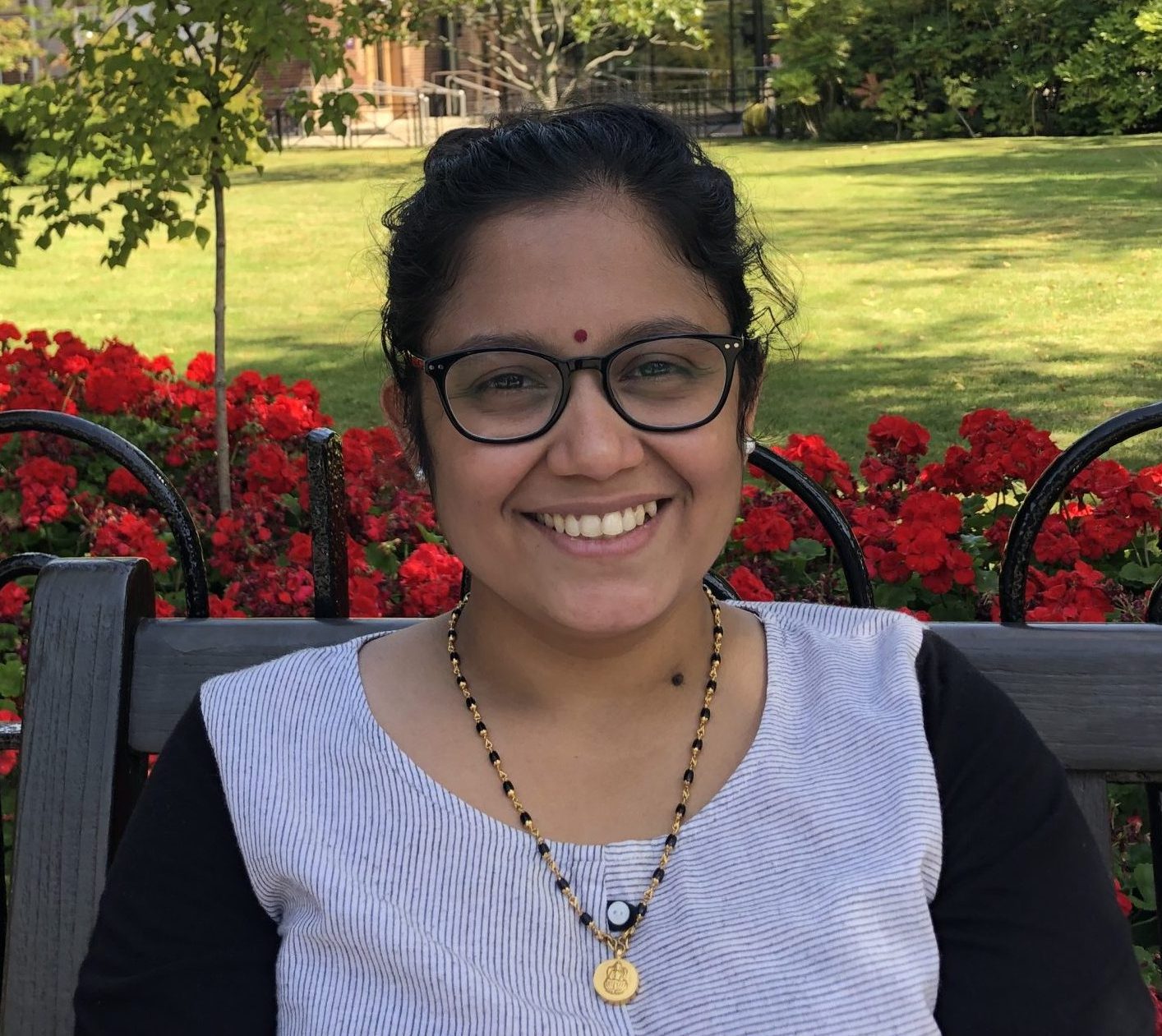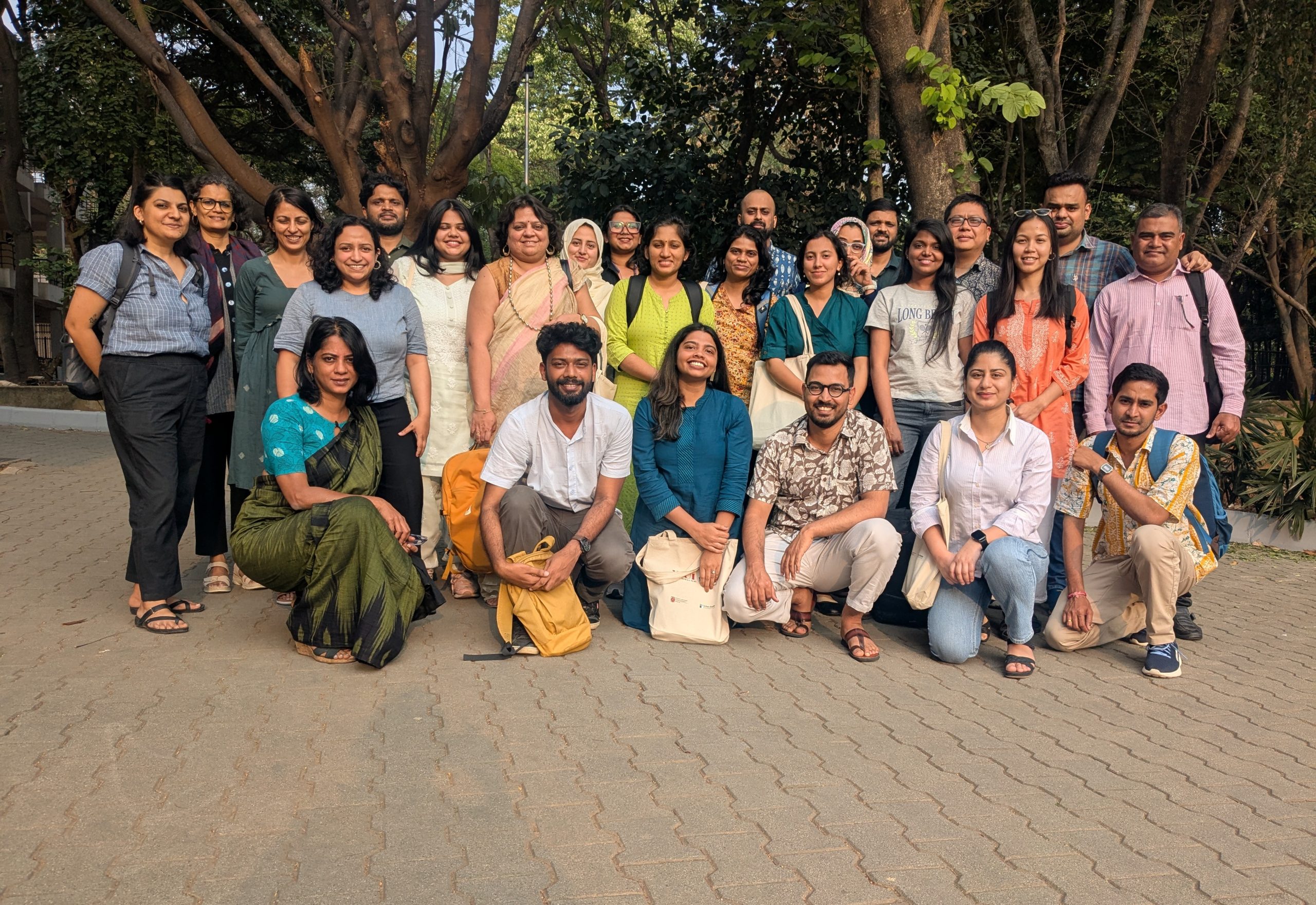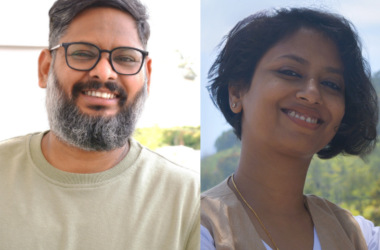At a Glance
NLSIU was the first National Law University established in India to pioneer legal education reforms. The University has remained a leader in the field of legal education in India for over 30 years. NLSIU has been consistently ranked No 1 in the National Institutional Ranking Framework since 2018 – the year when NIRF law rankings was introduced.
Commenced from
1988
On Campus Students
1355
Faculty
111
Programmes
17
Study
Undergraduate Degrees
NLSIU offers two undergraduate programmes. The five-year integrated undergraduate BA LLB (Hons) Degree Programme, pioneered by NLSIU, provides a strong foundation to pursue professional options or further academic opportunities.
In Academic Year 2025-26, the University will welcome its first cohort of the new NLS BA (Hons) Programme!
Postgraduate Degrees
NLSIU’s postgraduate programmes include the one-year Master of Laws (LLM) Programme, the two-year Master’s Programme in Public Policy (MPP), and the 3-Year LLB (Hons) Programme. The MPP is an interdisciplinary programme that provides comprehensive training in designing, translating, and evaluating the efficacy of policies.
Research Degrees
Our research degree programmes are intended for students and practitioners keen on pursuing advanced studies, research and scholarship. The University offers the following doctoral programmes: Ph.D (Law), and Ph.D (Social Sciences, Humanities and Public Policy) Programme.
Online & Hybrid Programmes
The Online and Hybrid Programmes offered by NLSIU’s Professional And Continuing Education (PACE) is intended to make legal education more accessible to interested students and practitioners who desire flexibility in location/time. We offer 10 programmes across various domains to graduates of any discipline from a recognised University.
Research
Over the last three decades, NLS has played a significant role in legal research and reform. This has included working on key legislation that has shaped India’s development. Its specialised research centres have been repeatedly called upon to shape laws and improve implementation in intellectual property, child rights, and environmental laws, among many others. Our focus areas for the path ahead include state capacity in the 21st century, issues of law and technology, the future of work and legal system reform.
NLSIU Community
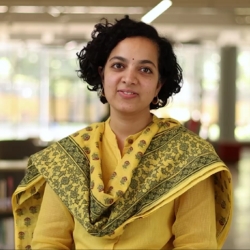
“It’s been nearly a year since I joined NLSIU after my PhD and postdoctoral fellowship at the Lee Kuan Yew School of Public Policy, National University of Singapore. What began as a visiting faculty appointment for an elective course 2 years ago, has grown into a fulfilling journey through teaching courses like Economics for Public Policy, Policy Evaluation, and Policy Dialectics for the students of the MPP programme. I find the classroom to be an incredible platform to learn and gain insights for both the instructor and students.
My research on the governance of emerging technologies feeds into my teaching and has sparked vibrant discussions with students on AI’s challenges in health and education and the need for effective policy design. Presenting a co-authored research paper on challenges of ChatGPT in higher education at a faculty seminar where I received excellent feedback from my colleagues has been one of the highlights for me this academic year. I look forward to continuing this journey with energy and curiosity while working on new projects like the development of public policy education and building AI trustworthiness.”
Dr. Devyani Pande
Assistant Professor, Public Policy
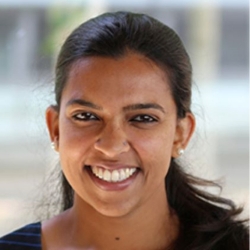
“When I left corporate legal practice for academia, I was struck by a fundamental disconnect. In the corporate world, legal services were abundant – teams of lawyers working tirelessly to navigate complex problems. But step outside that bubble, and you find most ordinary people facing their legal challenges alone, often without even recognising them as ‘legal’ problems. What fascinates me is how people actually solve these everyday legal issues. We tend to think justice flows through courtrooms and law offices, but that’s just not the reality for most people. People create their own pathways to justice. They Google solutions, ask friends for advice, contact government agencies, or simply try to negotiate directly. Some give up entirely. Others find unexpected routes to resolution through community organisations, faith groups, or informal networks that legal scholars have traditionally overlooked. This is where my research lives – in that messy, improvisational space where people are trying to solve legal problems without the formal legal system. This is ‘everyday justice’ – the justice people cobble together with limited resources and information.
The corporate world taught me how powerful well-crafted legal solutions can be. But academia has shown me how rarely those solutions reach ordinary people. The gap isn’t just about money – though that matters enormously – it’s also about design. Our legal system wasn’t built with everyday users in mind. I’m increasingly convinced that improving access to justice requires legal resources that meet people where they are – online, in communities, in plain language, and responsive to real-world constraints – using digital tools, community navigators, embedded services in trusted institutions – and recognising that justice is a result you achieve through many possible routes.”
Varsha Aithala
Assistant Professor of Law

